

“People say nothing is impossible, but I do nothing every day.” – Winnie the Pooh
My therapist would get a good laugh at the thought of me writing this. Me, doing nothing? That’s funny.
The last time I routinely did nothing was at least two decades ago, when my mother dragged me along on every boring adult task with her. I always opted to wait in the car alone, usually without a book and only sometimes with the radio on. Don’t drain the car battery.
Just now, I’m watching my neighbor out the window, sitting on his front lawn on one of those gift from the weather gods 75 and sunny summer days. He’s barefoot, sipping something—a beer, probably; eating, but only picking up a bite of whatever it is he’s snacking on every few minutes or so. Mostly he’s doing nothing, occasionally tapping his fingers and looking from side to side.
Juxtapose that with the fluke Wednesday I recently had off. What did I do? I woke up early, worked out, walked the dog, ate something seemingly healthy, chit chatted through a business call, watered the plants, unloaded the dishwasher, arrived in a huff at my 11:00 appointment at 10:59 and change, squeezed in lunch with a girlfriend, drove across town for another appointment, somehow got this, this, this, this and this done in between, before working my night job way past my bedtime.
We live in a go, go, go world in which every minute is monetized. The work never stops, the Internet never sleeps, the world never stops spinning. There’s always some NRP program to listen to, or a face mask I should be wearing or, oh crap, what I am going to do about that carpet stain? Could be, should be. My chest clenches up just thinking about the endless ways I could be improving my life.
Why do we do this to ourselves? Perhaps if we spin ourselves silly it tricks us into feeling a deeper sense of purpose. I’m so busy, look at all these things I need to do; all these people who need me. Being alone with our thoughts can be scary, leading down well-worn paths of questioning our worth. Then there’s the sin of sloth—the bombastic, perhaps bullshit concept of laziness, which oftentimes is just rest gift-wrapped in guilt.
Why do we do this to ourselves? Perhaps if we spin ourselves silly it tricks us into feeling a deeper sense of purpose. I’m so busy, look at all these things I need to do; all these people who need me.
Isn’t it enough just to be? Your heart is beating, isn’t it? Blood pumping from here to there? We’re pulled in so many directions so much of the time, when you have the chance to do nothing, do it. Do nothing. Live with your thoughts. Give space to what comes next, whatever that may be.
The buzzy new book How to Do Nothing: Resisting The Attention Economy by Jenny Odell digs into this theory. Odell endorses retraining your attention to focus on the environment around you. She says the Internet strips us of our sense of time and place, but we can elbow that away by becoming more aware of what’s around us.
Odell does this with birdwatching. “One of the most important lessons that birdwatching has taught me is to always keep your eyes open, because you never know what you might see (or when, or where)—and to not forget to look right in front of you,” she says. How beautiful is that?
Birdwatching might not be for you. But living a few hours here and there without agenda is for everyone. We don’t all have the luxury of pondering over blue herons day after day, and Odell acknowledges that. There are kids to take to preschool, conference calls to hop on. But there’s something to be said about slowly introducing doses of nothingness into our days, especially in our time = money culture.
“It’s this perspective in which time is money, and you should have something to show for your time—either getting work done, or self-improvement, which I would still count as work,” Odell tells The Guardian. “Anything that detracts from that is too expensive, from the time-is-money perspective. And it ties into this idea that everything is a machine, and it just needs to be fixed, or made more efficient.”
Odell argues that part of being human is the need to be surprised. “Surprise is a way of being reminded that there’s something outside of you,” she says. What have you been surprised by lately? I’ll go first: the choral parts of the latest The National record, a never-before-seen freckle hidden on the underside of my arm (how long has that been there?), how much love I’m capable of giving.
The unfortunate trick of doing nothing is that it may feel like work at first. You may need to schedule “do nothing” into your calendar, which can feel a bit disingenuous. If you get distracted—which you will, it’s inevitable—be patient with yourself, gently redirecting your brain, just like a little nudge from a leash, leading it back to nothingness.
From there, make space for what could happen. What you find could surprise you.
A Beginner’s Guide to Doing Nothing, Starting with Little Somethings
- Take a walk. Leave your phone at home, say hi to your neighbors, admire how the leaves wave in the wind, notice how pink the peonies are, stroll at whatever pace feels best.
- Play on the floor with a kiddo. Nothing beats a gummy smile from a round of peekaboo or an “Uh oh!” when a tower of blocks tumbles.
- Turn off all the screens. Every last one. Notice what happens to your nervous system.
- Pare down a sense. Give your Sonos a break or darken a room, then take stock of how it feels not to be bombarded by all the senses, all the time.
- Take a wellness check on your emotions. Are you feeling distracted, rested, anxious, proud? Don’t judge, just acknowledge. See how these evolve as you incorporate more space for nothing into your daily life.
- Make your body feel good. Stretch your obliques, trick your partner into massaging your neck, or my personal favorite—sex!
- A nap sure sounds nice, doesn’t it?
Megan is a writer, editor, etc.-er who muses about life, design and travel for Domino, Lonny, Hunker and more. Her life rules include, but are not limited to: zipper when merging, tip in cash and contribute to your IRA. Be a pal and subscribe to her newsletter Night Vision or follow her on Instagram.
BY Megan McCarty - June 22, 2019
Most-read posts:
Did you know W&D now has a resource library of Printable Art, Templates, Freebies, and more?
take me there
Get Our Best W&D Resources
for designing a life well-lived




Thank you for being here. For being open to enjoying life’s simple pleasures and looking inward to understand yourself, your neighbors, and your fellow humans! I’m looking forward to chatting with you.
Hi, I'm Kate. Welcome to my happy place.






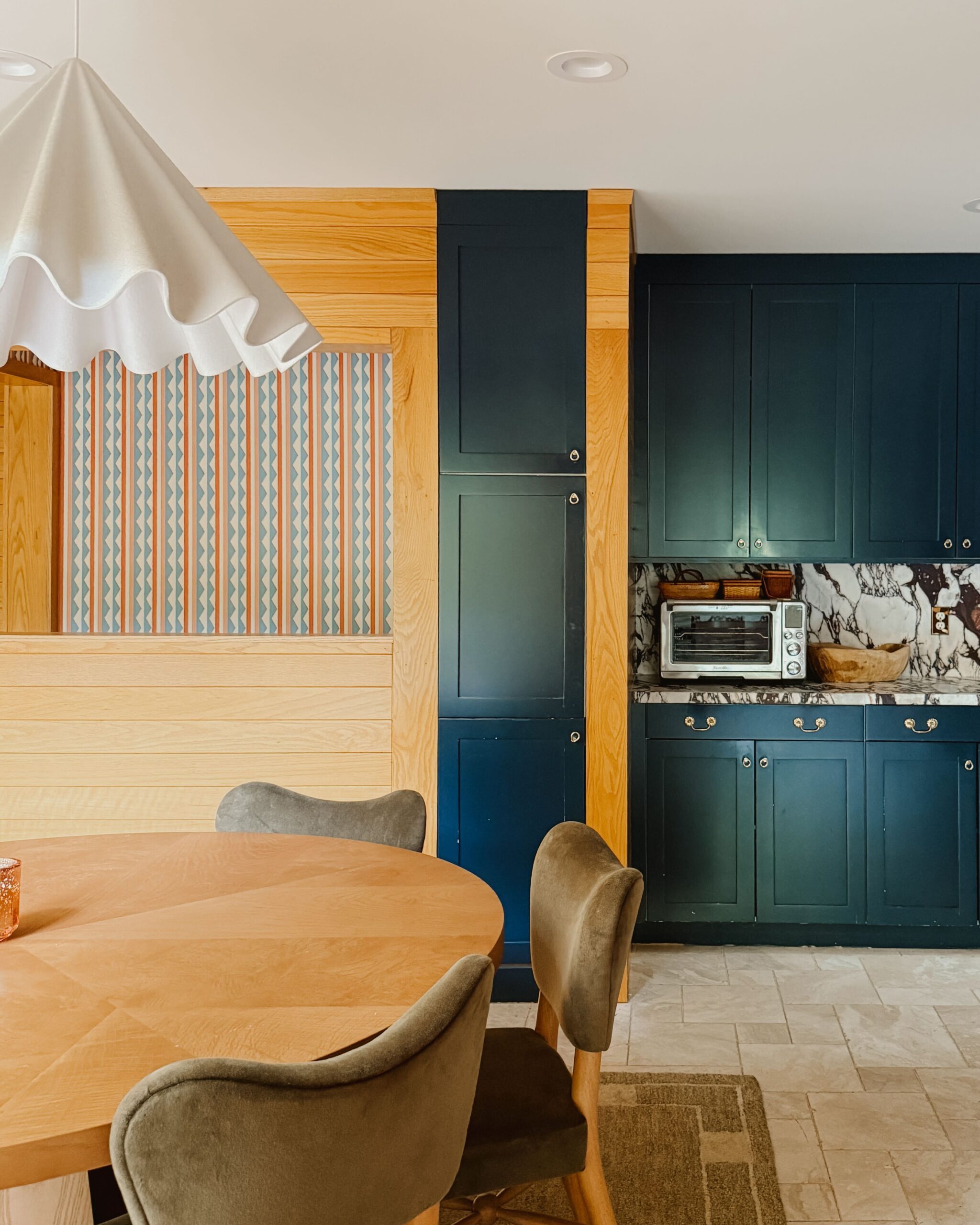

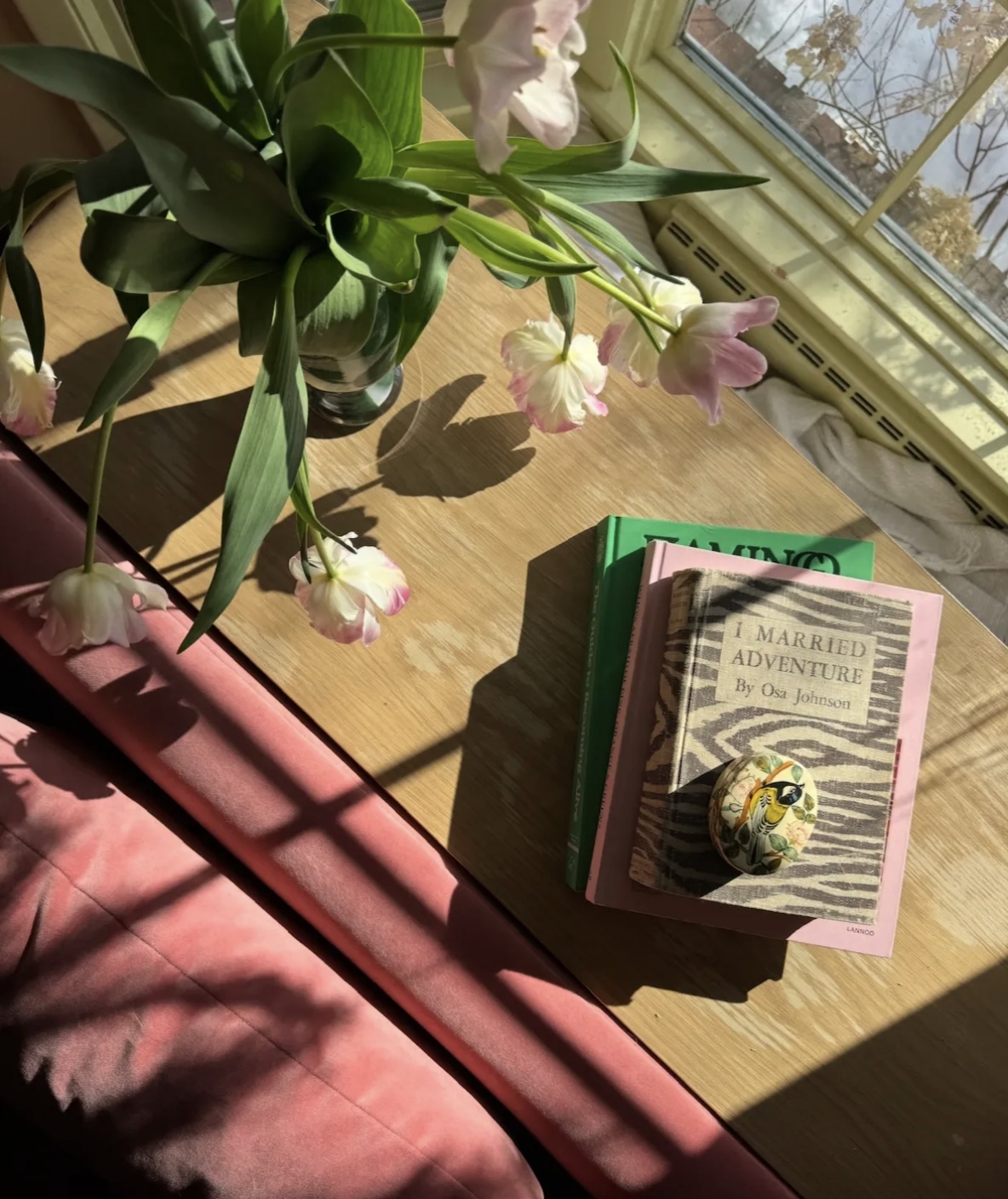
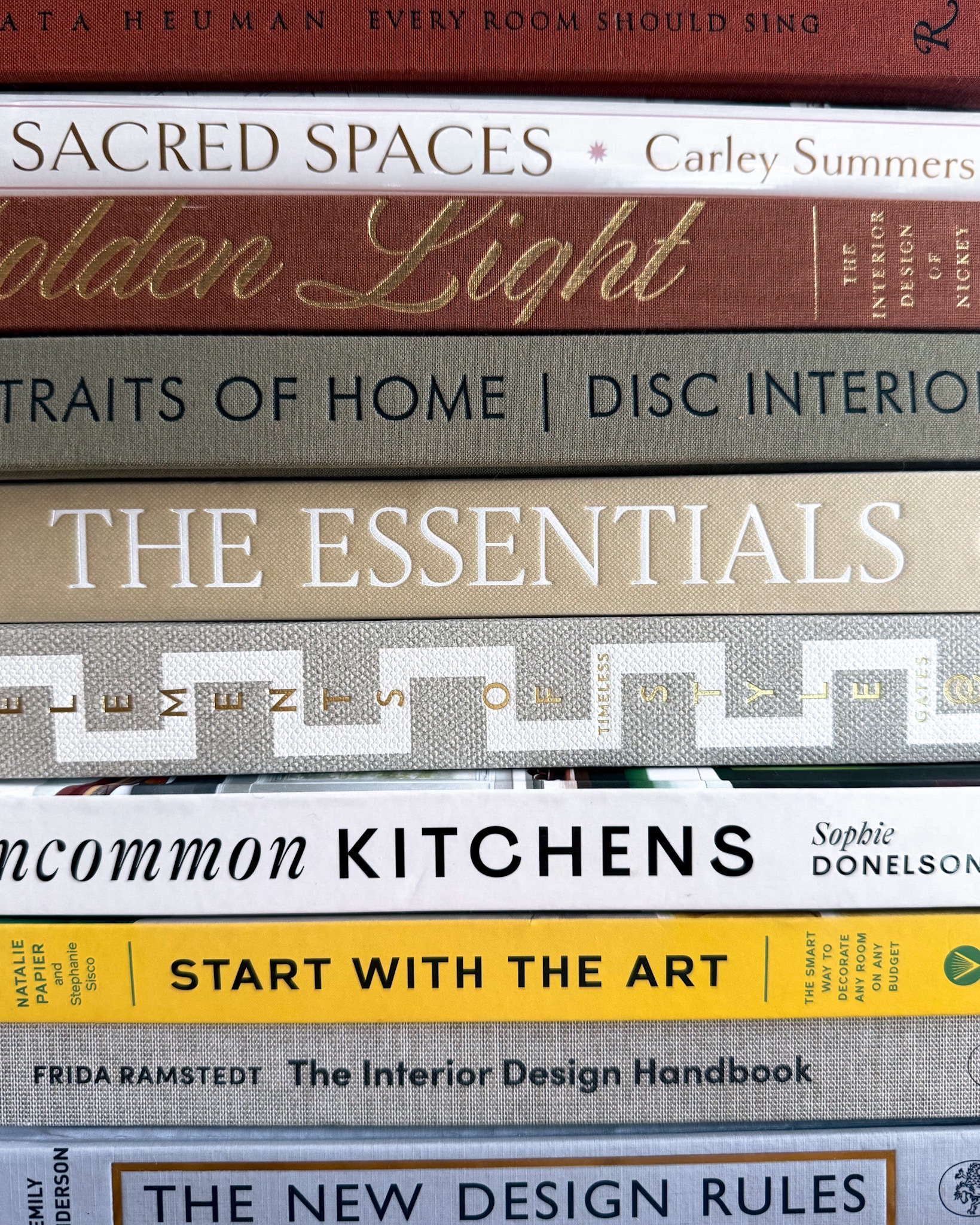
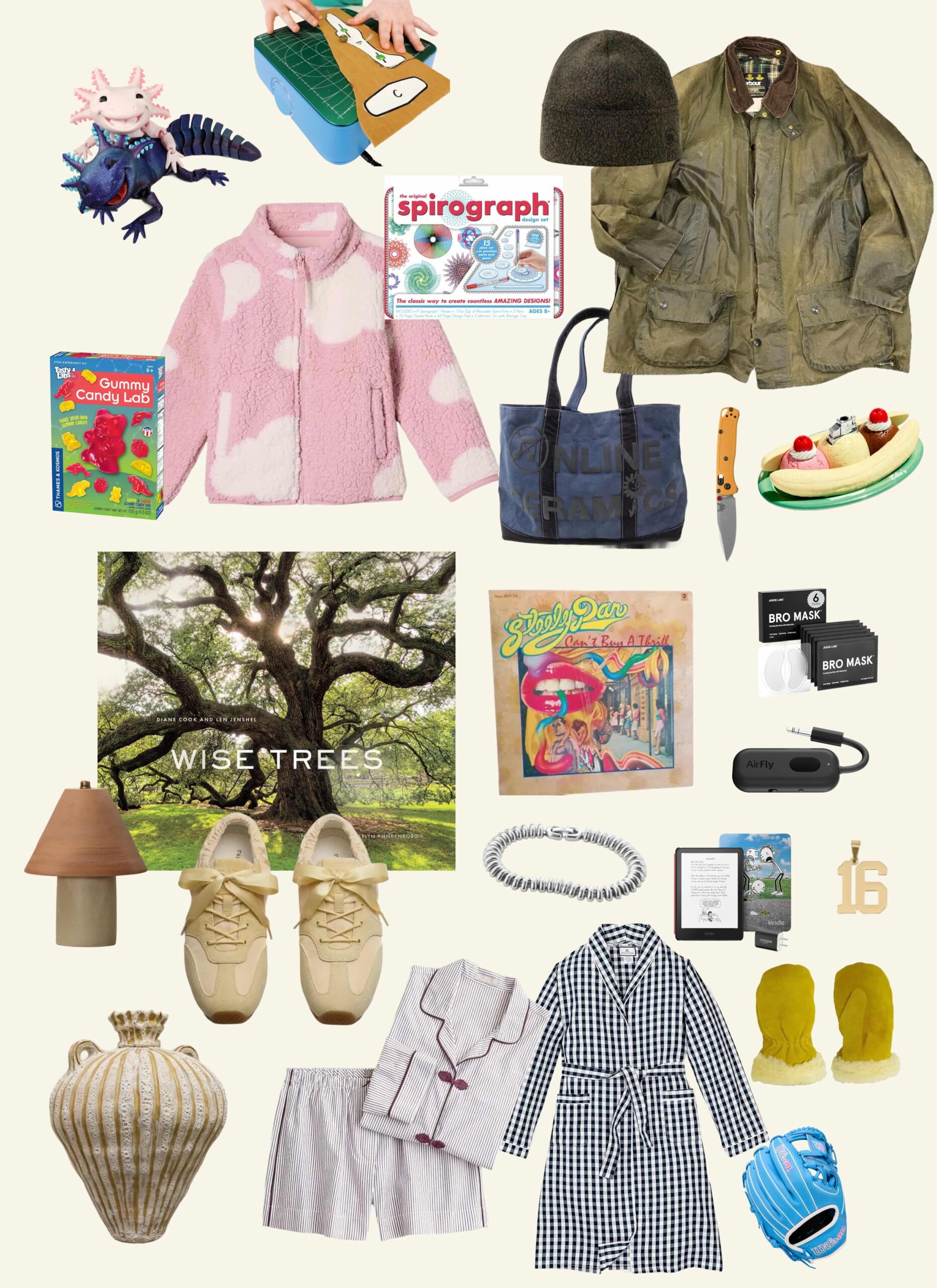
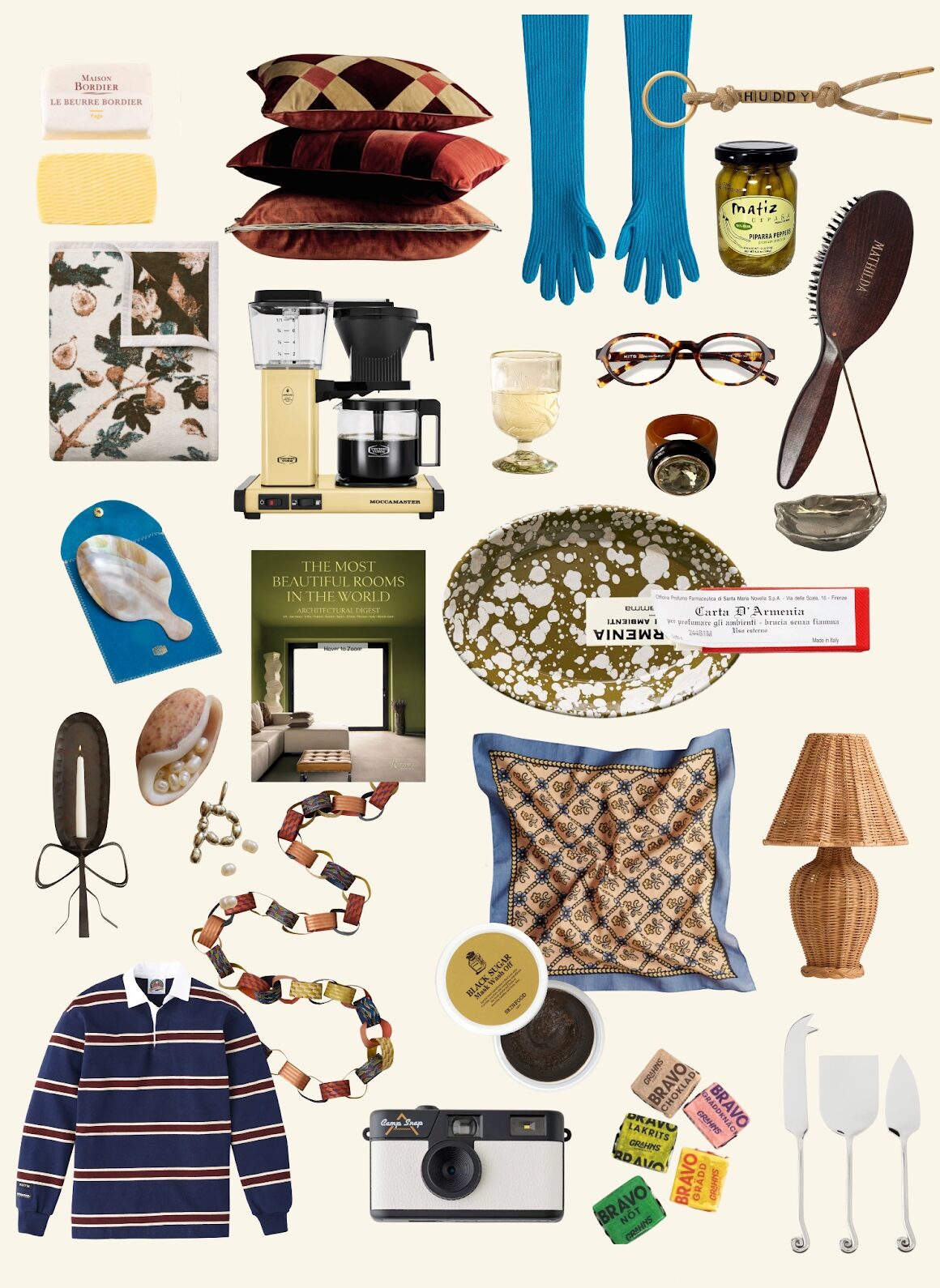





There’s this Italian sentence, “Il dolce far niente” (roughly translates to “the sweet doing nothing”) which became almost a celebration of this idleness, with poems and paintings about the matter.
Now I’m gonna take a nap.
I did not even think that I could read such a great topic. I liked your blog a lot as this is all about doing nothing 🙂
I want to come here again because I do not want to miss such a good post.
Loved it!!
Please share more with us.